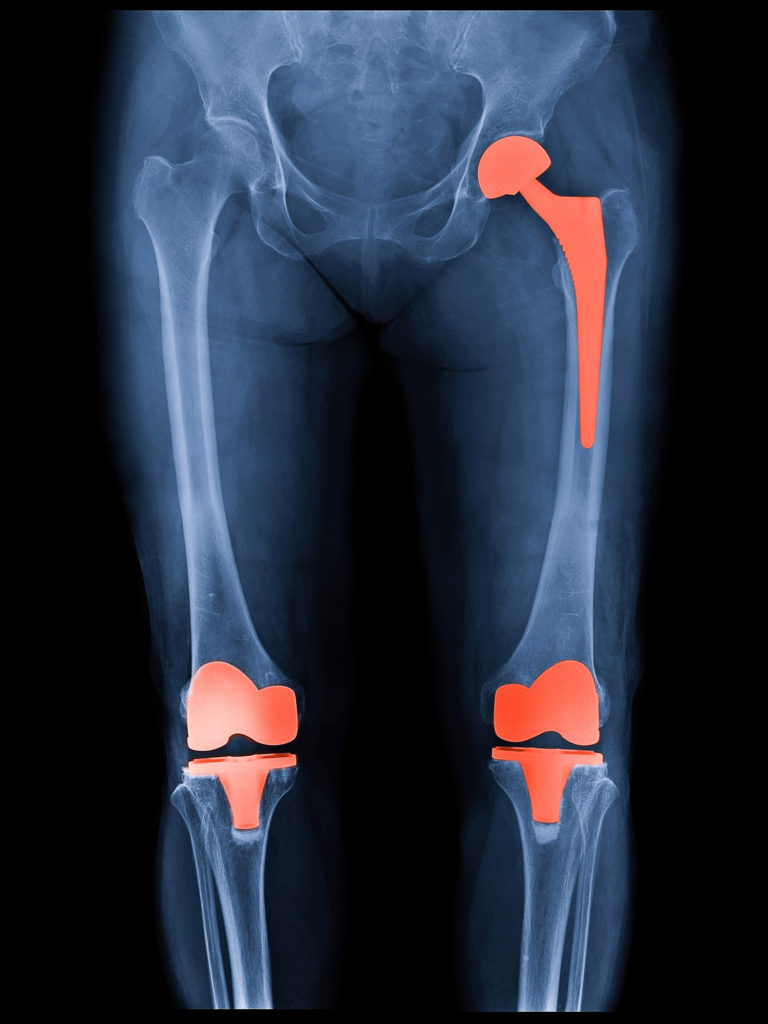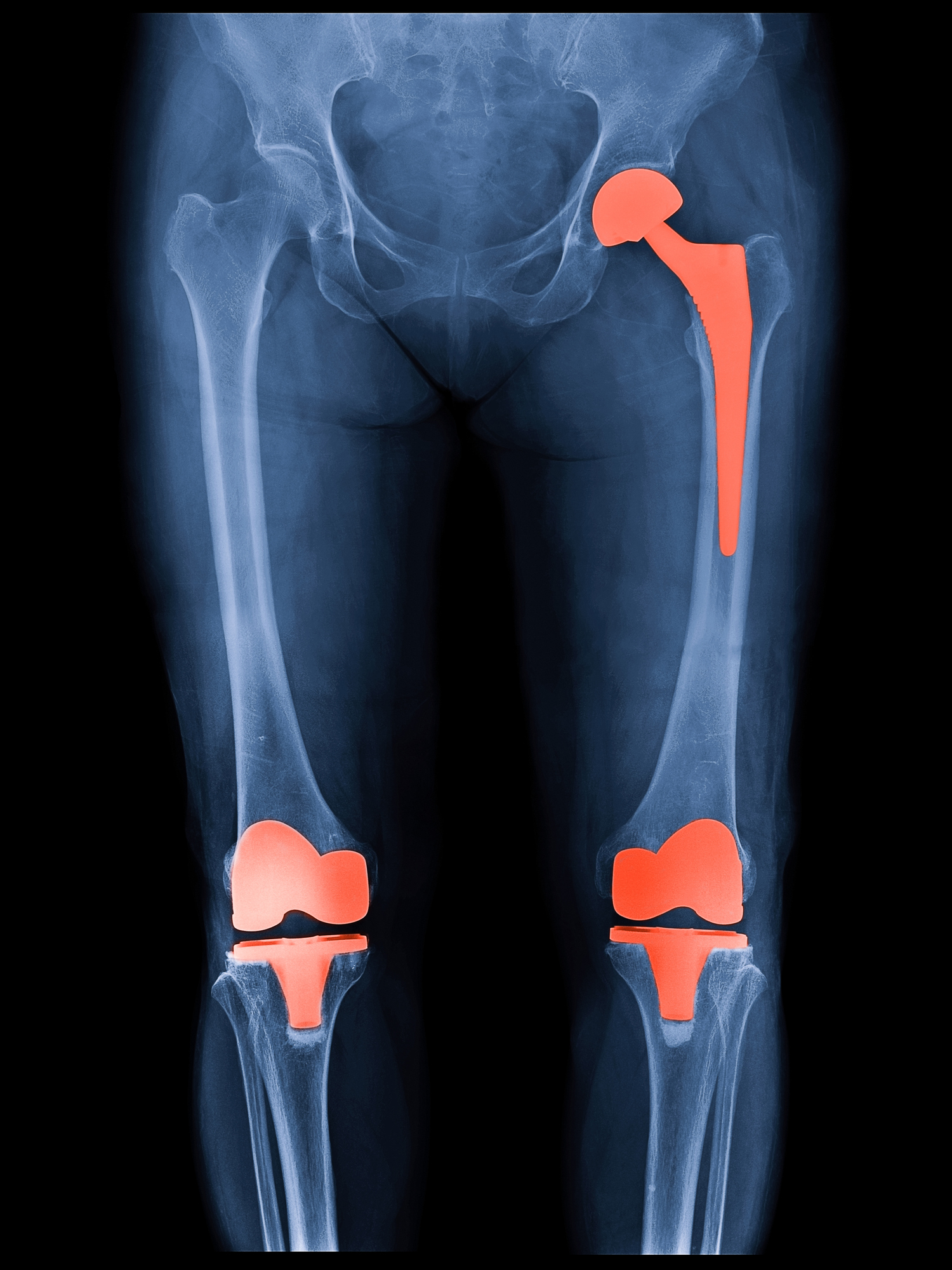
Everyone in the world works towards having a comfortable lifestyle for themselves and their dependents. Some people end up spending their entire lives on jobs that bring them no satisfaction simply because they were able to be more comfortable.
However, money is only useful if you are healthy. Since you are reading this, you may be experiencing some hip difficulties that are making your life somewhat uncomfortable. Fortunately, hip replacements can help you get better.
Here are five things you should know about getting hip replacements.
Is Hip Replacement Necessary?
Before you think about getting a hip replacement, it might be useful to see whether or not it’s the right choice for now.
People that get hip replacements are generally having trouble keeping up with their daily life. The pain might be inhibiting them from carrying on with necessary activities, such as walking or even sleeping.
If these sound familiar, then you need to consult David Slattery – Orthopaedic Surgeon immediately.
Understanding the Two Types
There are two types in hip replacement surgeries, which are the anterior and the posterior.
The anterior refers to the front of the hip while the posterior is the rear side. The anterior surgery sometimes requires smaller incisions, which means that you would be able to recover faster. On the other hand, the posterior is better for people with osteoporosis because it has a much lower chance of a fracture.
Regardless of their pros and cons, only a doctor can recommend the most suitable option for you after examining your hip.
The Procedure Has Manageable Risks
Hip replacement is among the most highly successful surgeries in the medical field. But like all, it does have potential risks. These generally include blood clots, infections, failure to implant an artificial hip, dislocation, or bleeding, among others.
However, your doctor will recommend a series of things to help manage the risks. These usually include taking medications and being extra careful with your movements.
How long does the Artificial Hip Last?
Many people wonder how long their artificial hip will last once it is in its place. Since artificial joints are not as durable as your natural ones, you can expect the hip to last for 15 to 20 years after surgery.
However, you can do two things to prolong the life of your artificial hip.
- Maintain a healthy weight.
- Get regular exercise.
Lifestyle Changes You Should Make Before the Surgery
You read about the risks of the surgery above. While these things may sound scary, there is a way to reduce the chances of any complications of your hip replacement surgery.
The primary factor that may increase the chances of risks is smoking. If you are a regular smoker, then your chances of getting blood clots increases. Not only that, but smoking can even slow down your ability to heal the incision cut after surgery.
Also, being overweight can cause unnecessary problems. The weight puts more pressure on your body, which can make it more challenging to recover faster.
